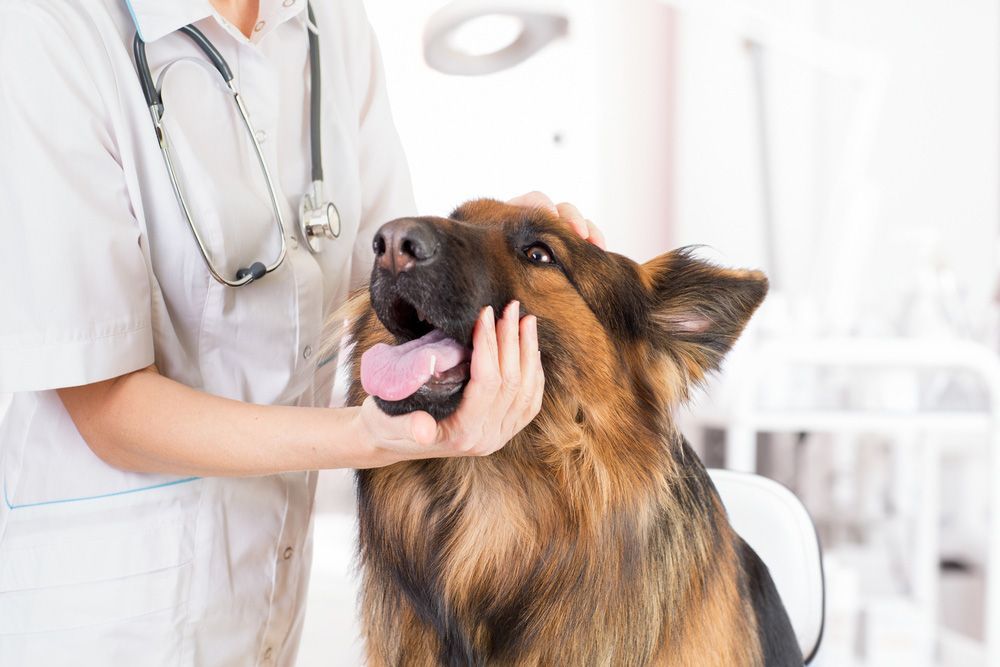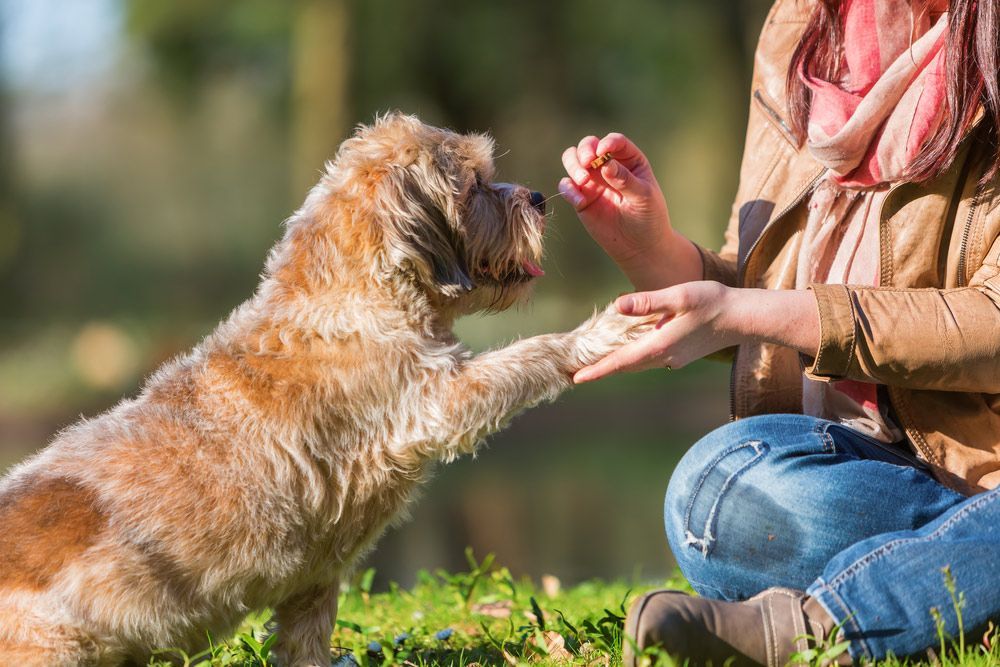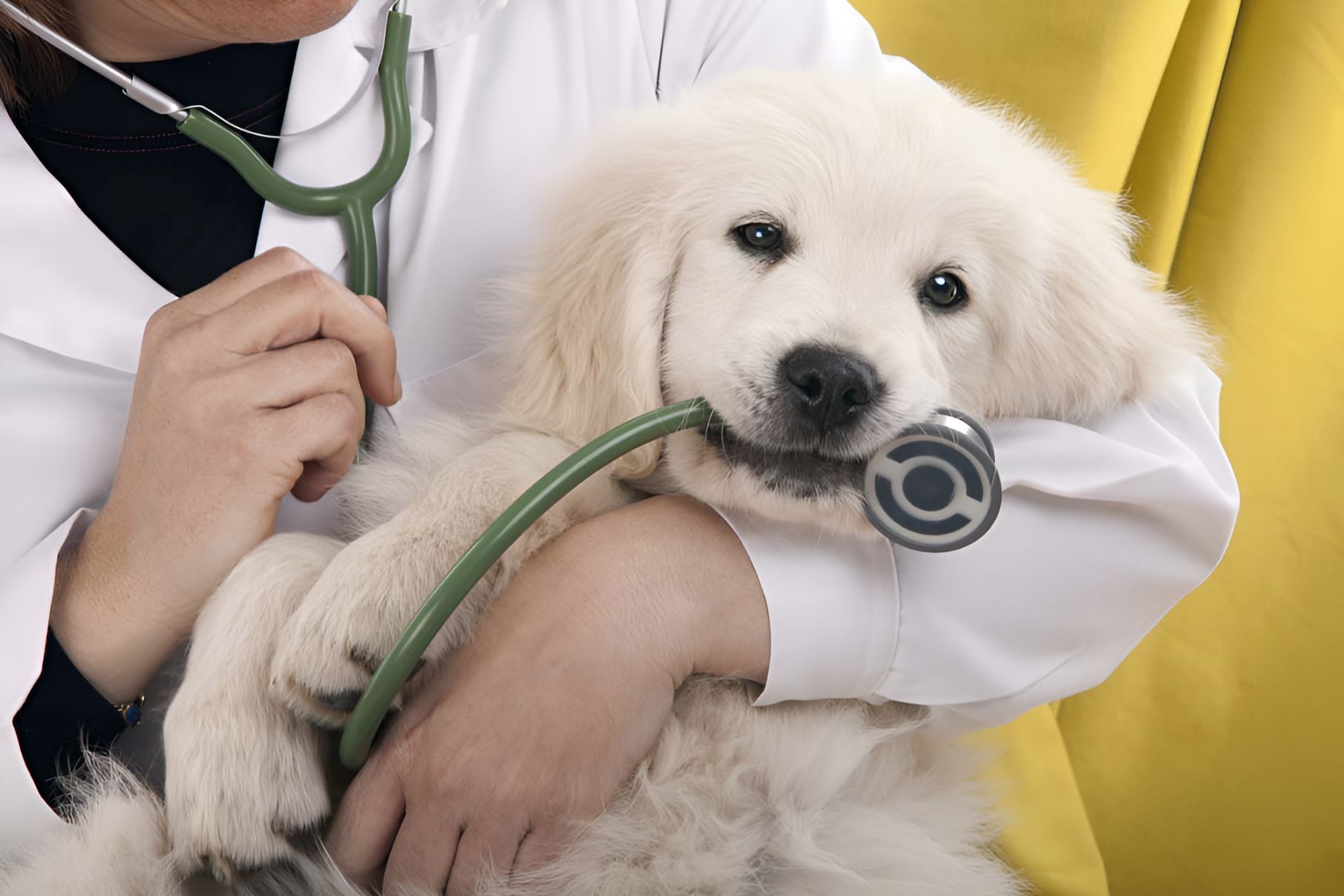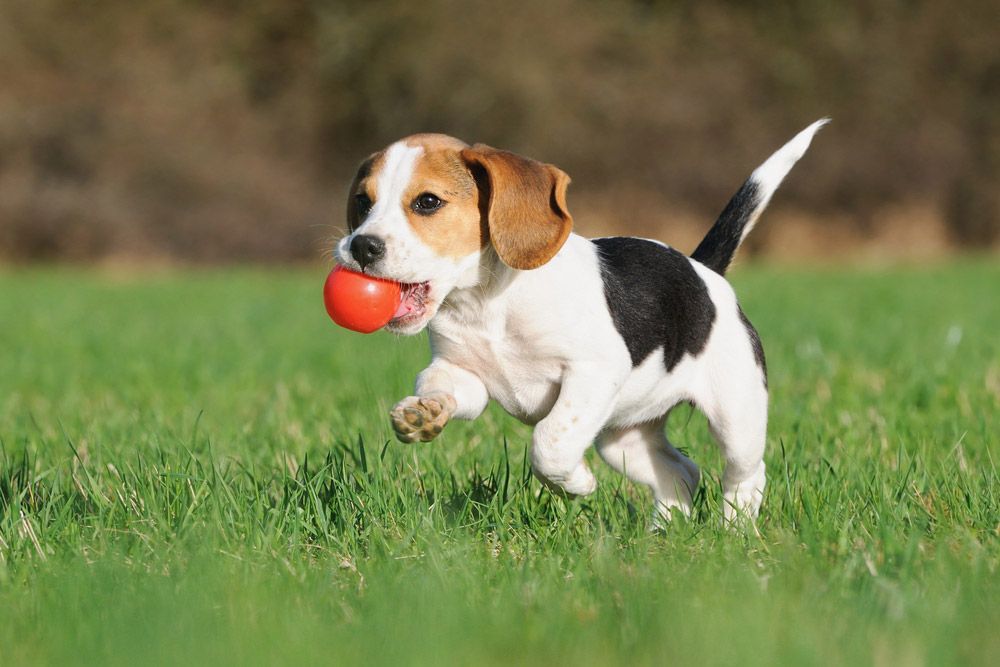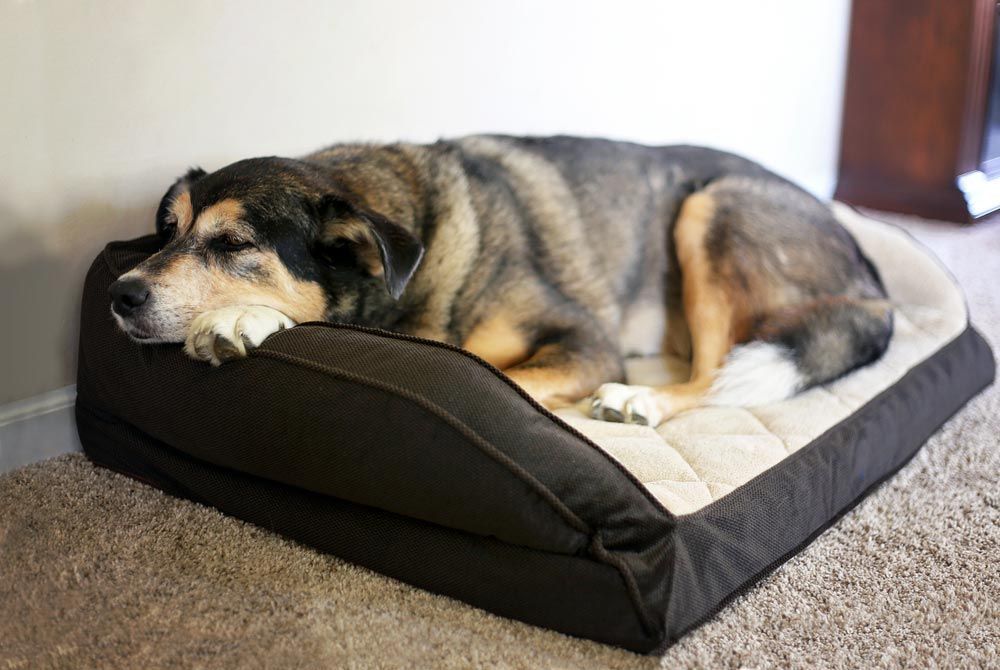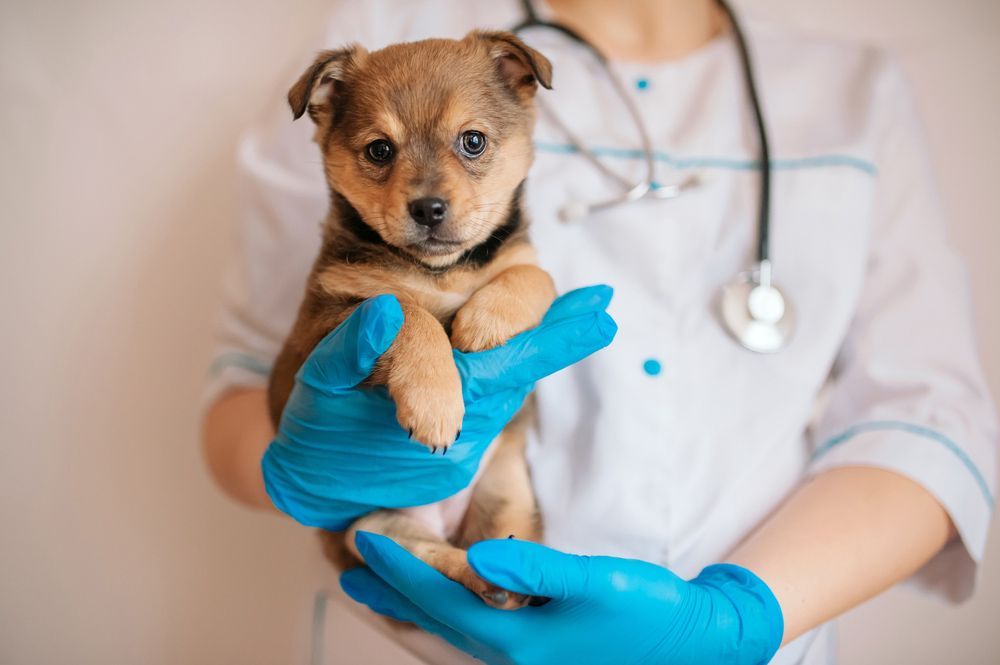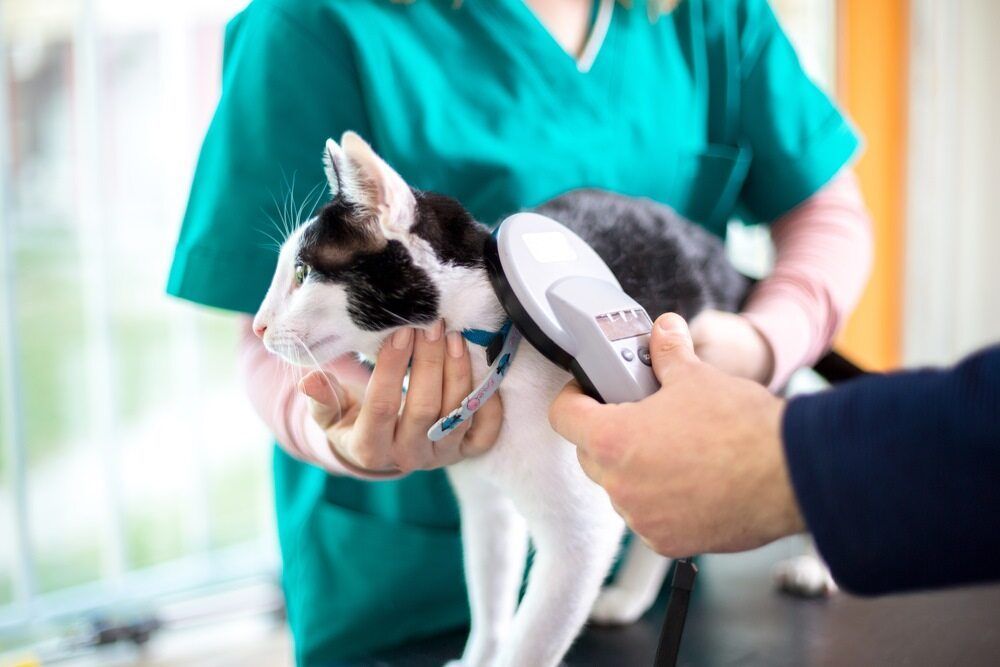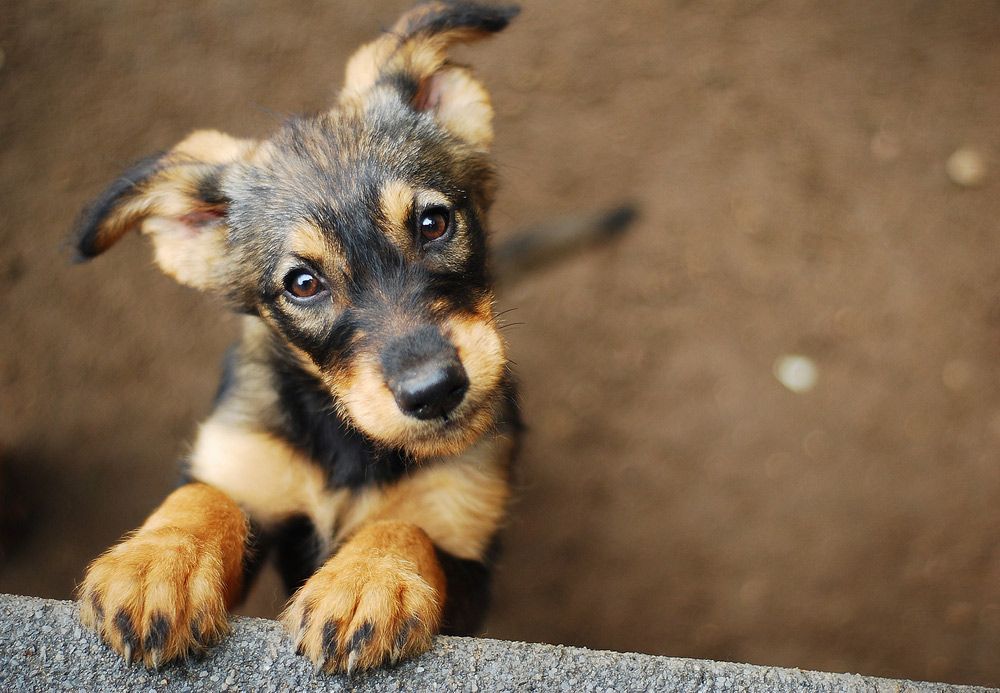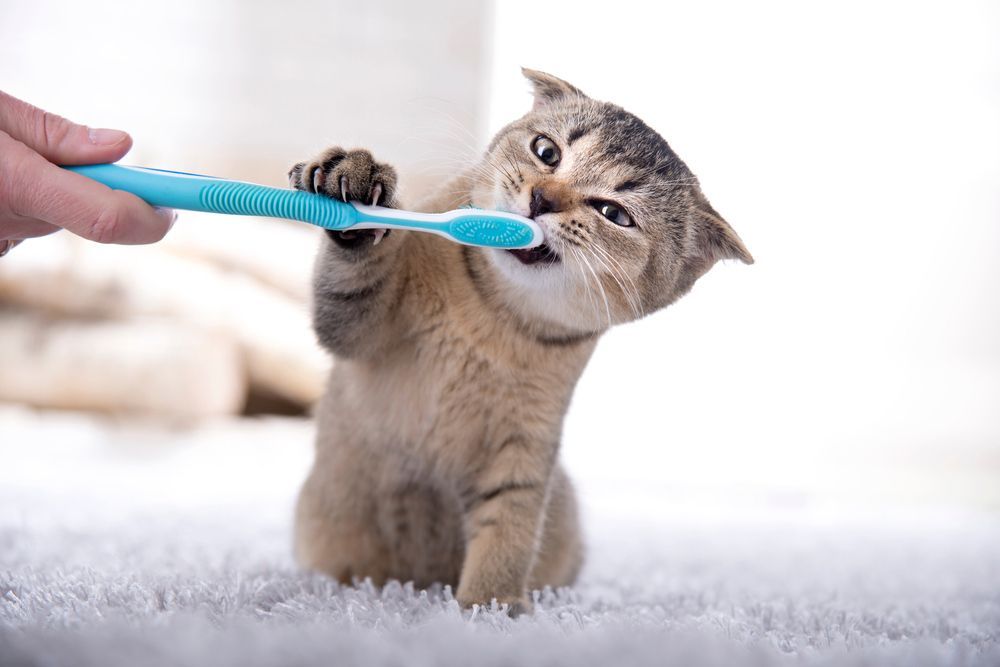How To Tell If Your Dog Has Been Bitten By A Snake
Snake bites are second only to road trauma as the most common cause of violent death among dogs in Australia. As many as 60,000 dogs across the country are bitten by a snake each year.
Wondering how you can tell if your dog’s been bitten by a snake, and what you can do to treat a snakebite? We’ve put together this handy guide to help you keep your best friend safe.
Table of Contents
What are the signs and symptoms of snakebites in dogs?
Although snakes can inflict differing symptoms depending on their breed, there are common signs to look out for.
Examine your dog immediately for puncture wounds. Bites tend to occur on the face, so don’t neglect to check your dog’s lips and gums. You may also notice irregular bleeding from the nose, mouth, or bite site.
Within the hour following a bite, you might notice:
- Indication your dog has a headache
- Light sensitivity
- Nausea and vomiting
- Diarrhoea
- Continued bleeding
- Unsteady back legs
- Physical collapse, with recovery in under half an hour
Two to three hours after your dog has been bitten, you might notice:
- Dilated pupils
- Difficulty breathing
- Stomach pain
- Irregular heartbeat
- Bleeding from bodily openings and blood in urine and faeces
Why are snake bites on dogs so dangerous?
Snake bites are particularly dangerous for dogs, as due to their natural hunting instincts they’re more likely to be bitten by snakes. Bites are not always easy to identify, and your dog may not display symptoms while having received enough venom to cause serious illness or even death. Bites easily go undetected, and the longer they’re left untreated the worse symptoms can become – including damage to kidneys, muscles and the respiratory system, and even bleeding to death – and the less likely your dog is to survive.
Once your dog has been bitten, the only way the snake can be identified is to count its scales or perform a test in the clinic. Not all vets have anti-venom treatments on hand, so it’s crucial you arrange help as soon as you suspect a bite.
What should I do if I suspect my dog has been bitten by a snake?
It’s first crucial to stay calm and try to keep your dog relaxed and still. Contact your local vet to arrange treatment. If they do not have anti-venom treatment in stock, they will be able to direct you where to go in order to get help.
If possible, apply a firm bandage above, below and on top of the bite site. This will help to stop the venom from spreading to your dog’s heart. If you notice a bite wound on your dog’s face or neck, remove their collar as the area could swell.
If the snake is still nearby, don’t try to capture or kill it. Snakes only bite when they believe they’re under attack. Don’t try to suck out the venom, as if you have an open wound in your mouth, the venom can enter your bloodstream and you could also become seriously ill. It’s also important you don’t apply a tourniquet, as this will restrict blood flow to the limb and may cause significant problems, including death of the limb.
Get in touch
If you suspect a snakebite or have any concerns about your pet, call your local Blue & White Veterinary Clinic in Coffs Harbour, Woolgoolga or Nambucca Heads today. We offer high-quality dog care for all clients across the Mid-North Coast, and at our calming, welcoming and well-equipped clinics we strive to ensure every pet receives the best possible treatment.

